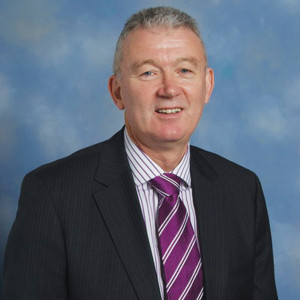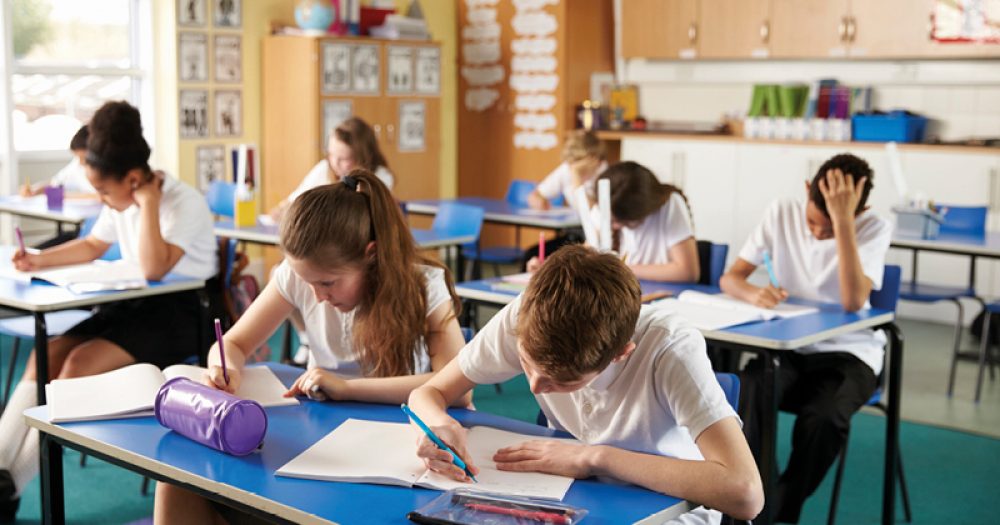A new study has found primary pupils may be more alert in the afternoon, which “contradicts” the practice of schools scheduling maths and literacy lessons in the morning because teachers think youngsters will be “more awake to learning”.
BBC Terrific Scientific, a science campaign involving schools, today released the results of an investigation into primary children’s sleep patterns following the clock change in March, where people effectively lose an hour’s sleep.
It found that sleep time increased and sleepiness reduced for pupils aged between nine to 11 after the clocks went back – contradicting popular belief that sleep time decreases after the clocks change, researchers said.
But the investigation also revealed that the children were more alert and reacted quicker in the afternoon, irrespective of the clock change, at a “statistically significant” rate.
BBC Terrific Scientific said that many primary schools schedule maths and literacy lessons in the morning when they assume the children will be more awake and open to learning, which “these findings appear to contradict”.
But Doctor Katharina Wulff, a professor at the University of Oxford who analysed the findings, said that rather than changing subjects around the time tables, schools should put “emphasis on reducing sleepiness”.
Schools need to find the right balance to meet pupil needs
And with regards to school exams, she said the time of tests should be “matched time to the children’s preferred learning time” to get the best possible results.
The BBC Terrific Scientific’s investigation, in partnership with the University of Oxford, was an analysis of 900 children from schools across the UK.
Teachers kept a sleep diary for three days on either side of the clock change on Sunday, March 26. Participating children conducted tests designed to measure both their tiredness and reaction times in the morning and afternoon.
Using a Karolinska sleepiness scale, pupils self-assessed how sleepy they felt on a scale from one to nine. They also tested their reaction times by catching a dropped ruler.
Researchers found that pupils on average were faster in the afternoon than in the morning, and that reaction times appear generally slower before the clock change.
The difference between morning and afternoon reaction time, about 2 and 5 milliseconds respectively, was “statistically significant”, researchers said.
They added this “might not seem like much” but is a “very long time in the life of the brain”.
But Malcolm Trobe (pictured right), general secretary of the Association of School and College Leaders, said schools should not simply alter their timetables to fit with this research, but find the “right balance” to meet pupil needs.

He also told Schools Week that there is “contradictory information” which indicates teachers feel youngsters tend to feel more tired towards the end of the school day.
“So with these two pieces of information it is in essence a balancing act for schools,” Trobe said.
“What you will always try to do is make sure a group is not getting all of their English or maths lessons in the morning or all of them in the afternoon.”
He added that teachers in primary schools should “use their professional judgment to whether youngsters are particularly tired one day, maybe because there have been activities on, so you might go in and do a little bit more work on the artistic side rather than heavy-duty maths at that stage”.
The study also found that sleep time for the children increased by an average of 30 minutes after the clock-change weekend.
Researchers said this was “contrary to popular belief that you’d expect sleep time to decrease due to the clocks changing and effectively losing an hour’s sleep”.
The investigation added that pupils, on average, woke up 10 minutes later in the morning after the clock change “suggesting that children were compensating for the ‘loss’ of the hour”, which resulted in an increased total sleep time.
Sixty-eight per cent of pupils reported that they felt more of an “evening type” – meaning they had more energy levels and higher alertness later in the day.








Your thoughts